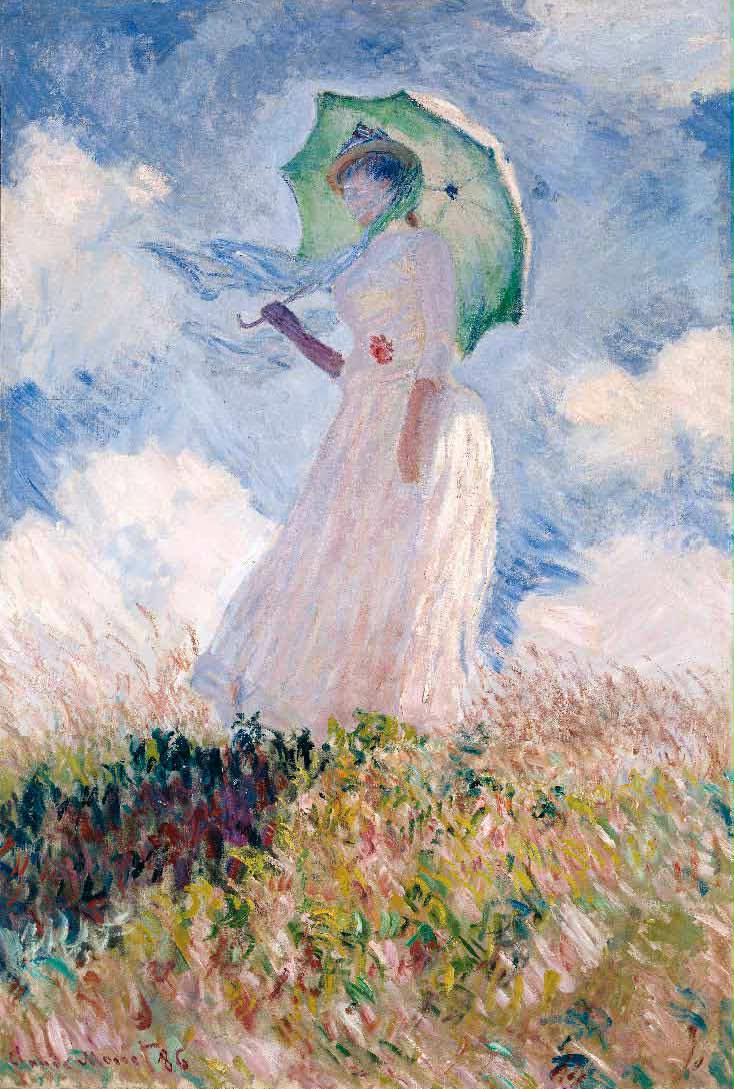Disclaimer: this article is loaded with feels. If you can’t handle it or you get cringy easily, you have been warned.
Another disclaimer: some words are written in another language just « lel dharoura che3ria » 😜
At this time of every year (well, this and last year for me at least), I get an abnormal feeling, some kind of a certain melancoly.
Because, at these times, there is this playlist that wanders around the hall, and it makes your heart lean and just want to start crying. But they’re good tears. It’s the kind of tears that come when you start to think about all those years you’ve spent between these red walls, the people you’ve known and loved, the ones with whom you’ve shared your highest highs and loudest laughs around the Ciné Box, in « salle de lecture » or « ellocal », and that « rakcha » at « El barreka » on a rainy cold day or the long study hours that you skipped together.
You probably still remember your weak moments too, the not-so-victorious times when you were broken and the people that saw the sorrow in your eyes brought you behind that big pole where people usually hide to play music and had with you the best, deepest, funniest existential talk of your life.
You remember the games you’ve played, the coffees you’ve had, the work you did with the people of this land, the nights you’ve spent sleeping on tables, the music you’ve heard and discovered, the crazy dances during lunch break, the group-singing when a popular song comes on, the people that held you so tightly at the beginning and at the end of the day, the long walks around the institute and in that wide parking-lot, the dreams you’ve shared in such a hushed voice, the ones who discovered you, the ones who encouraged you and especially, the ones who believed in you.
Today, this institute is faded, I feel it in my soul. Because it has seen way more than any man on this earth. It has seen every single day of every single year of every single one of its students. And it’s so hard for it to carry all these memories in its corners while it watches the ones that made them walk away.
As I stand in its hall, I hear the music that the « Ciné-Radiosaures », leaving INSAT, chose to diffuse at their last broadcast, and it just takes over me. I hear the « La La’s » of the « Of Monsters And Men » that somebody gotta play everytime, and it feels like saying goodbye to the good days that made you. But you are happy. And sad. And nostalgic, and excited, and frustrated and every other feeling in the world is part of this mix that’s filling you, leaving you helpless until all you could ever do is to enjoy these last days, and make those promises to your friends that everybody makes, about how you’re gonna visit and not let life drive you away, that you’re always gonna be a human of INSAT and no other responsability is gonna stop you from returning to this Home. But you know deep down that you can’t keep promises forever, and that one day, even those people you’re leaving today are gonna leave too, and there will come a day when this land is gonna be someone else’s land, and that life will take over, eventually.
But right now, you’re looking at it and you’re seeing those yellow entrance lights and you know that this kingdom still recognizes you, and still loves you and wishes that you will never have to leave…
To those who are leaving us, to my friends, to the ones I’ve known, to my acquaintances , to the persons to whom I’ve never had the courage to say more than a hello, to the ones I know by name, to the ones I don’t know at all, I wish you all the best. The INSAT I know will never be the same without you guys ♥




Share your thoughts